5. Flesh and Blood (1985)
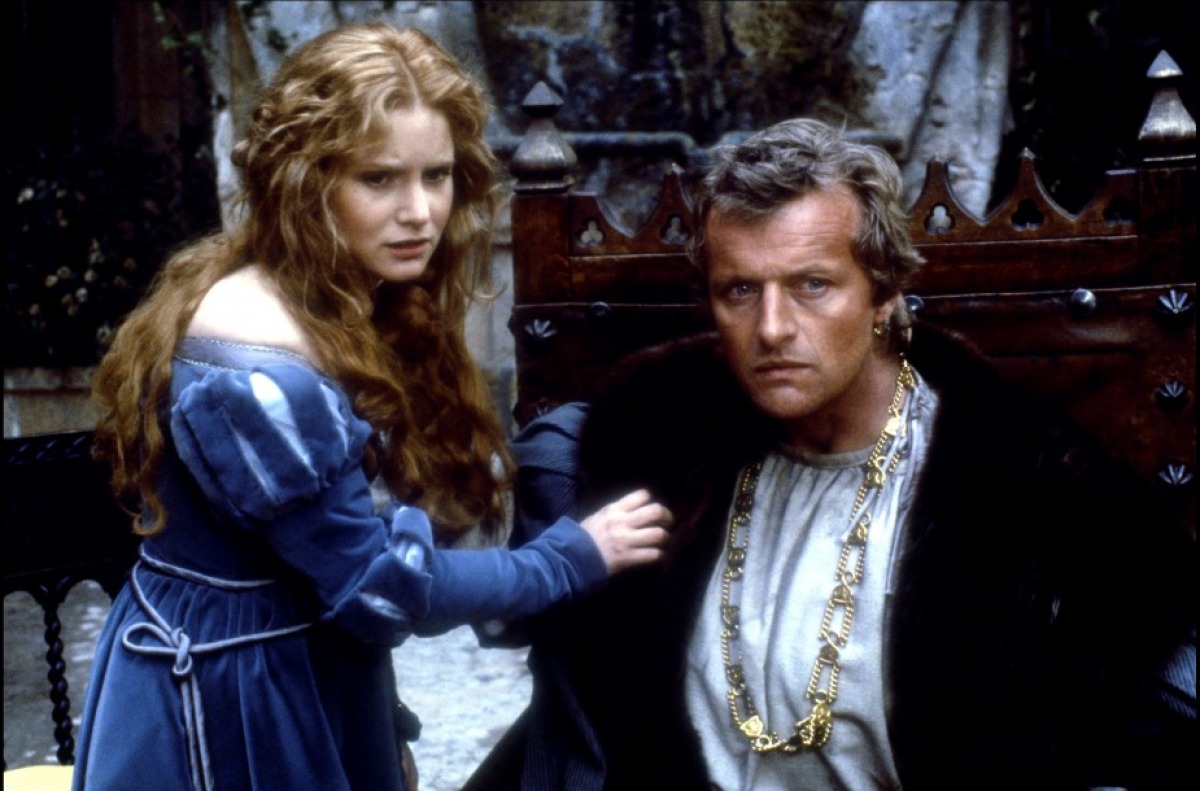
“I like costume. It adds more than just history but at the same time, each film has its own…the details are such fun to find.”
The final collaboration of Verhoeven and Hauer caused some conflict between them. Set in 16th century Italy, the film follows two warring groups of mercenaries and their long-standing quarrel. Hauer plays Martin, one of the mercenaries, and their conflict was around the fact Hauer didn’t want to become any kind of villain. Verhoeven didn’t see it this way; he wanted to give some sort of moral ambiguity to his characters.
Regardless of what happened behind the scenes, the result was strong. It’s a character true to its time and also fits well to Verhoeven’s intention of portraying the Middle Ages as a “stinking time to live in.” Hauer found that complexity in Martin, who is ignorant but also a resourceful man. His presence in the film veers between charming and menacing, brutal and sensitive. A sort of anti-hero you end being up rooting for at times.
Throughout the story, you get confused whether you’re supposed to feel sympathy for him or if you shouldn’t. He also makes a very fine pair with Jennifer Jason Leigh. Verhoeven wanted to give him a role in “RoboCop,” which Hauer didn’t believe was going to work, and the part he found interesting in “Black Book” was already cast. So they didn’t end up working again. In 2011, Hauer said “If we live long enough, we’ll do another film, I’m sure….” which is now heartbreaking to read.
4. The Hitcher (1986)
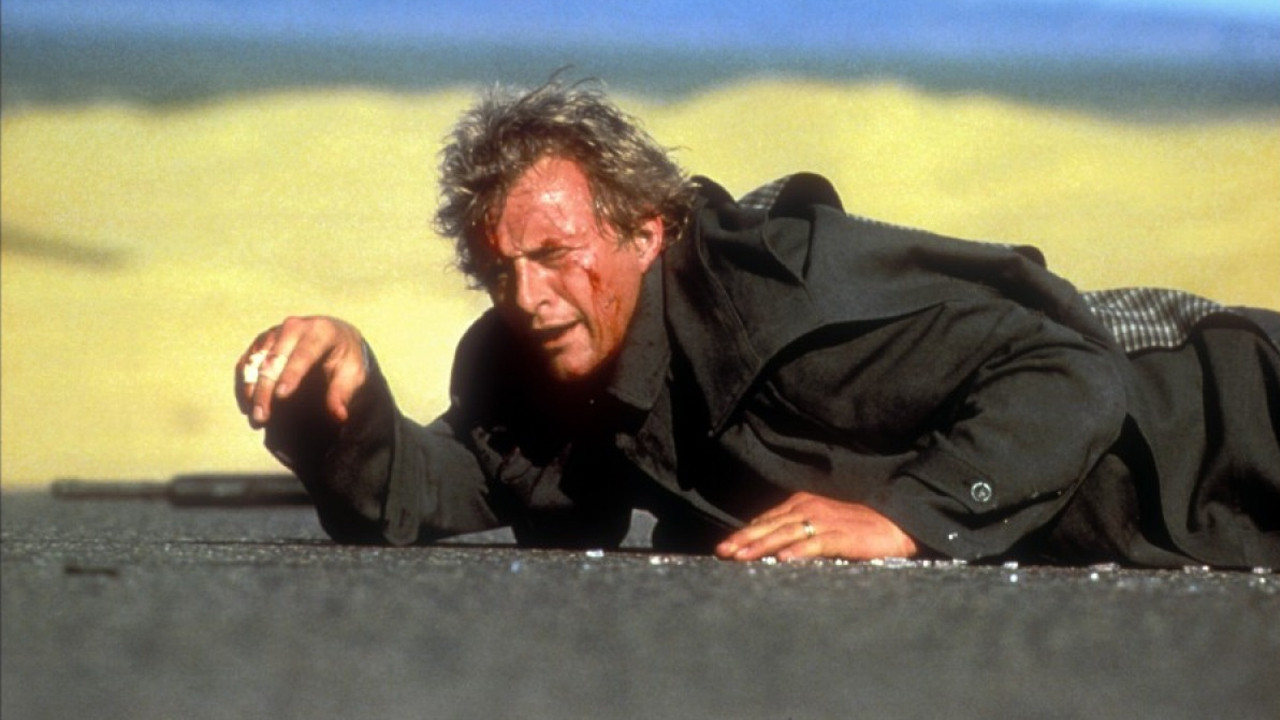
“To me, the devil can be a piece of foam inside your brain. To me, he was a ghost of sand or something. An unreal character. My job for that film was to make you feel that this man can do really weird shit and even if you don’t see it, you’ll believe he did. Shooting a helicopter with a gun – excuse me? That’s too much. But I had incredible fun with it. I know where fear lives. I know how to push those buttons.”
It easily could have been just another typical slasher that tried to do something new but mostly failed; the movie indeed has a lot of flaws, but there are also that fine score, cinematography, and Hauer’s amazing performance that elevates the whole thing considerably. Hollywood seemingly insisted on typecasting him as a villain and Hauer managed to always off come as fresh in his villain roles, never repeating himself.
The entire film hinges on Hauer’s sadism toward C. Thomas Howell’s character and Howell himself has admitted that, during filming, he was actually afraid of Hauer on and off the set due to his general intensity. If it wasn’t for Hauer, the movie wouldn’t have the cult following it has right now. If it was better material, it could have been even better because Hauer basically owns his scenes. He is hypnotically terrifying; he’s creating a character that is straight out of hell, just pure evil. He has no remorse; he loves what he is doing.
Seeing his grin or watching his eyes can easily make you feel unsafe. The relationship between Hauer and Howell is complex, but the film doesn’t explore it enough. The movie is mostly a missed opportunity, but it’s a great testament to Hauer’s talent that when he’s on his game, he can turn flawed material into a classic.
3. Escape from Sobibor (1987)
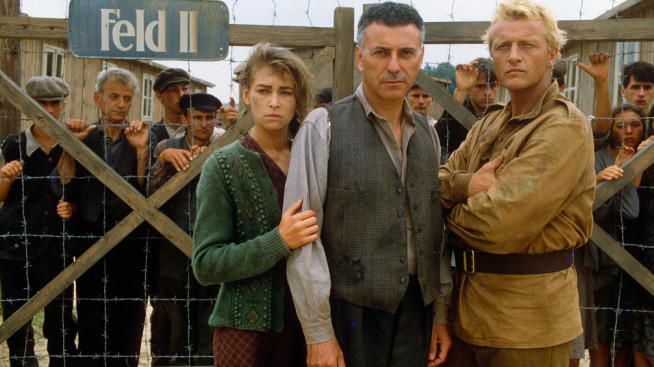
“Thank you very much, I can’t think of a more memorable birthday than this one. Thank you.” (His very short Golden Globe Award speech. The only time he won a major award in the United States.)
The true story of the life and revolt at Sobibor, one of the three notorious Nazi extermination death camps in Poland during the Holocaust. Led by Alexander “Sasha” Pechersky and Leon Feldhendler, a group of inmates planned the revolt and overpowered the camp’s Nazi soldiers in October 1943, and more than half the camp’s 600 slave laborers escaped.
This CBS drama is about the event and while it obviously has the characteristic flaws of television films of the era on the technical side, the story is very moving and the acting is fantastic. Hauer plays Pechersky expertly and his interactions with Alan Arkin’s character are some of the best moments of the movie. One would wish he had more screen time, but still he’s excellent with the material he’s been given, and he steals the show with his commanding and confident performance.
During filming, Hauer met a survivor of the original great escape who served as an adviser, and according to his official website, he said, “I felt like crying but I didn’t want to embarrass her.” One of his most acclaimed roles and perhaps one of his most unusual for American and British audiences at the time, considering he was mostly associated with genre films. For his brilliant turn, he won a Golden Globe and years later, he was nominated again for “Fatherland,” this time for portraying a Nazi. Talk about range.
2. The Legend of the Holy Drinker (1988)
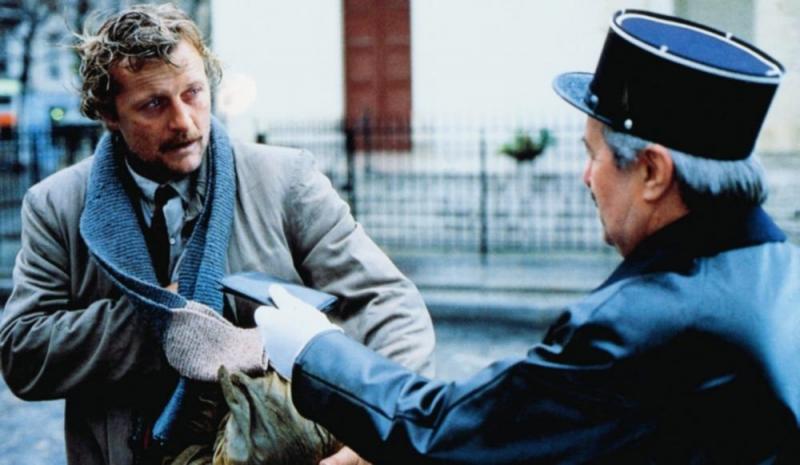
“My most successful acting is when you hardly feel it’s acted at all. When the membrane is very thing between the character and the camera, I can’t explain but there’s a difference. The first thing Ermano Olmi, the director said to me was: “Rutger, this movie is an action movie but in the face” and then I thought I have to do it, it’s much too enjoyable to see if I can.”
One of Hauer’s own big favorites and understandably so, “The Legend of the Holy Drinker” sees Hauer at one of his most wounded, most soulful, most haunting, and most deeply-felt performances, if not the best. The plot follows a homeless man named Andreas Kartack, who lives under the bridges of Paris. He is lent 200 francs by an anonymous stranger and is determined to pay back this debt.
Through the film, Andreas shows us his pride, dignity, and vulnerability and Hauer does exceptional work at exploring those sides of his character. Even though there are some wonderful supporting performances as well, it’s mostly a film about Andreas, which makes the whole film a Rutger Hauer show. He carries the film on his shoulders beautifully, and those who are used to seeing him in genre films or playing tough guy roles may especially be surprised by the range he displays in the movie.
Seeing him always talking about this one as one of his best performances showed that Hauer would have love to get more roles with such depth. If his eyes scared you away in “The Hitcher,” you will see gentleness, tenderness, and soft sadness this time around. More often, it’s a silent performance and Hauer’s facial expressions speak more than any words could do. Hauer was nominated for Best Foreign Actor at the Sant Jordi Awards and also won the Best Actor award at the Seattle Film Festival.
1. Blade Runner (1982)
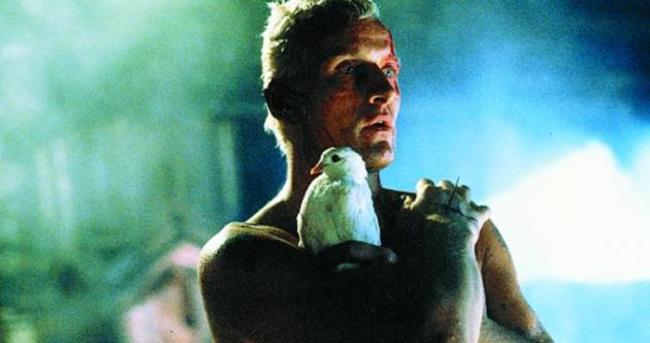
“There is nothing like it. To be part of a real masterpiece which changed the world’s thinking. It’s awesome.”
The defining role of actor’s career and a performance that is the definition of “stealing the show in a movie.” Hauer portrays the leader of the renegade Nexus-6 replicants and the main antagonist of the film named Roy Batty, which will remain as the most iconic role he has ever played. He is fast, he is intelligent, and he is dangerous. Even though this led Hauer to get typecast as a villain in his Hollywood projects, it’d be totally unfair to diminish the character to just a “villain.”
The idea of “villain” becomes less certain in general as the film progresses. He and five other replicants come to Earth hoping to find a way to lengthen their lifespan, so it’s a character who just wants to live more than anything. That is, of course, most evident in his legendary “tears in the rain” monologue.
Here he evokes a sense of pity as we realize all he really wants is more life. Contrary to popular belief, he didn’t entirely write the monologue himself or improvised it, but he did cut most of the written version while adding a few lines of his own, including that final iconic one. Analyzed countless times and often praised as one of the best monologues in science fiction history, that scene alone turned Hauer into a cult favorite and a beloved name among movie fans. But he is magnetic and fascinating in all of his scenes.
Every time he appears in the movie, you can’t take your eyes off of him. Ridley Scott gave Hauer freedom to “put anything in that you think is interesting” and he did it. It’s hard to say something that has not been said about the movie. Hauer always remained as proud of the film and often called it the best film he has ever made.
Honorable Mentions: In his very colorful career, Hauer had worked with great directors (Nicolas Roeg’s “Eureka”, Sam Peckinpah’s “Osterman Weekend”, Christopher Nolan’s “Batman Begins”), proved more than once that he can be a great action hero (“Split Second”, “Wanted: Dead or Alive”), went over-the-top (“Buffy the Vampire Slayer”) at times, but always remained a compelling leading man (“A Breed Apart”, “Wedlock”, “Blood of Heroes”), and when he was a villain, he was always effective (“Nighthawk”, “Surviving the Game”). Always mysterious and interesting (“Blind Side”, “Past Midnight”), he made us smile with his surprise appearances in popular movies (“Sin City”, “Knockin’ on Heaven’s Door”, “Confessions of a Dangerous Mind”) and delighted his fans even in all these B-movie actions he made in the ‘90s (“Redline”, “Omega Doom”). It’s no surprise that he had such a cult following and devoted fan base. For those who’d like to see the intimate portrait of the real man himself behind all these characters, you can check out the documentary “Blond Blue Eyes”. RIP Rutger Hauer.